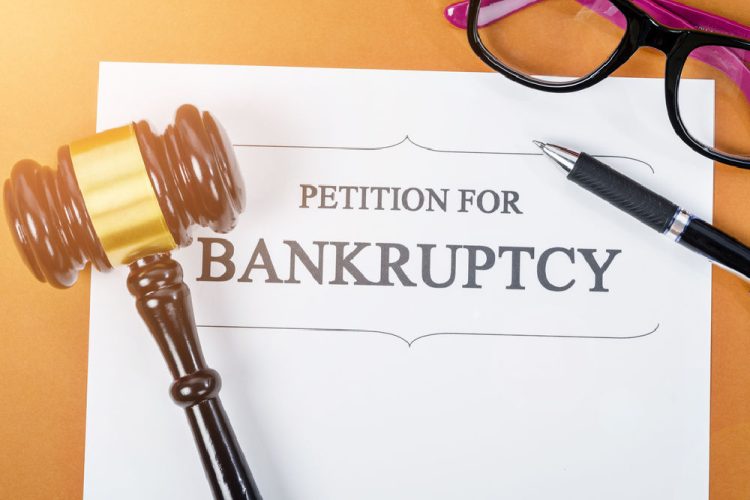When you’ve obtained a court judgment but the debtor files for bankruptcy afterward, it can raise questions about the fate of your judgment and your ability to collect. This scenario is common and can complicate the collection process.
In this post, we’ll explore what happens when a debtor declares bankruptcy after a judgment, and what steps you can take to protect your rights.
Dealing with serious debt can be stressful, especially when you’re unsure where to turn for help. A bankruptcy attorney Kennesaw can guide you through the legal process and help you understand the best options for your financial situation. Whether you are facing wage garnishments, foreclosure, or constant calls from creditors, having a local attorney who knows Georgia bankruptcy laws can make the process smoother and far less intimidating.
Working with an experienced kennesaw bankruptcy attorney gives you the support you need to protect your rights and work toward a fresh financial start. A dedicated lawyer will review your case carefully, explain each step in plain language, and help you choose a solution that fits your long-term goals. With the right legal help, you can move forward with confidence and regain control of your financial future.
Automatic Stay: Immediate Halt to Collection
Once the debtor files for bankruptcy, the automatic stay goes into effect. This means:
- All collection efforts, including wage garnishments, bank levies, and lawsuits, must stop immediately.
- You cannot attempt to enforce the judgment until the bankruptcy case is resolved or you receive permission from the bankruptcy court.
Discharge of the Judgment Debt
Bankruptcy can discharge (eliminate) the debtor’s obligation to pay the judgment, but it depends on:
- Type of bankruptcy filed: Chapter 7, Chapter 13, etc.
- Nature of the judgment: Debts related to fraud, malicious acts, or certain taxes may not be discharged.
- Whether the creditor objects: You can challenge the discharge by filing an objection with the bankruptcy court.
Secured vs. Unsecured Judgments
- Secured judgments (backed by collateral like property liens) may still be enforced against the collateral even after bankruptcy.
- Unsecured judgments are more vulnerable to discharge.
Your Role as a Creditor in Bankruptcy
- File a proof of claim to participate in bankruptcy proceedings.
- Monitor the debtor’s bankruptcy plan for repayment options.
- Consider requesting relief from the automatic stay if enforcement is critical.
Potential Outcomes
- You may receive partial or full payment through the bankruptcy plan.
- Your judgment may be discharged, releasing the debtor from liability.
- You might be able to enforce the judgment if it’s secured or non-dischargeable.
Why Work with a Judgment Collection Attorney
Navigating bankruptcy requires expertise. An attorney can:
- Help you understand your rights and options.
- File necessary documents and objections.
- Strategize post-bankruptcy enforcement.
Conclusion
Debtor bankruptcy after a judgment introduces complexity but doesn’t always mean you lose your chance to collect. Staying informed and acting promptly with professional help maximizes your recovery potential. We recommend Judgement Collection Attorney.

